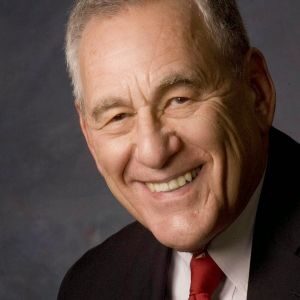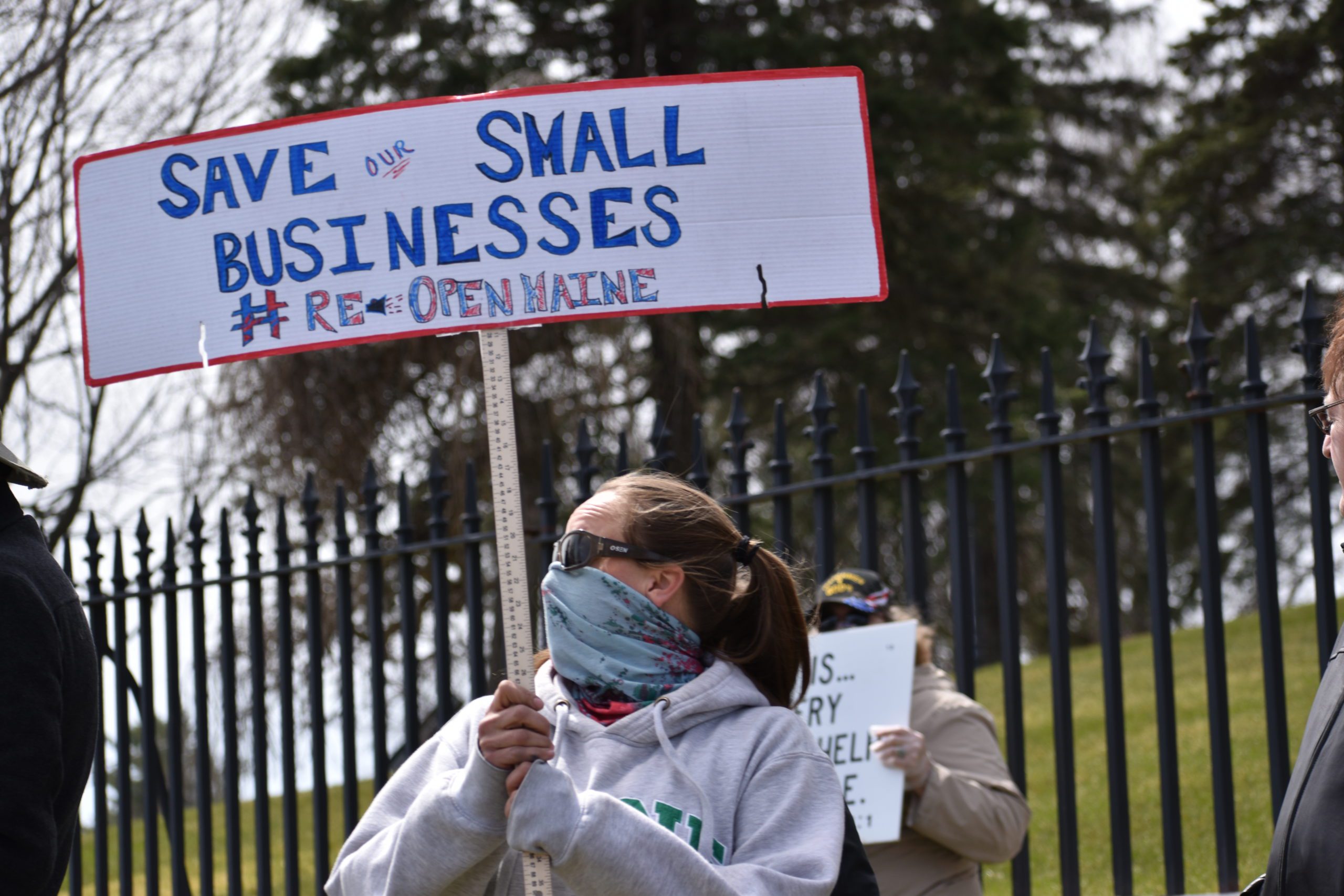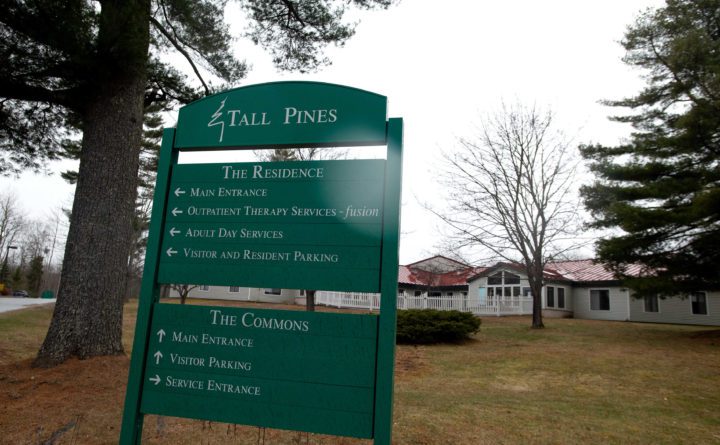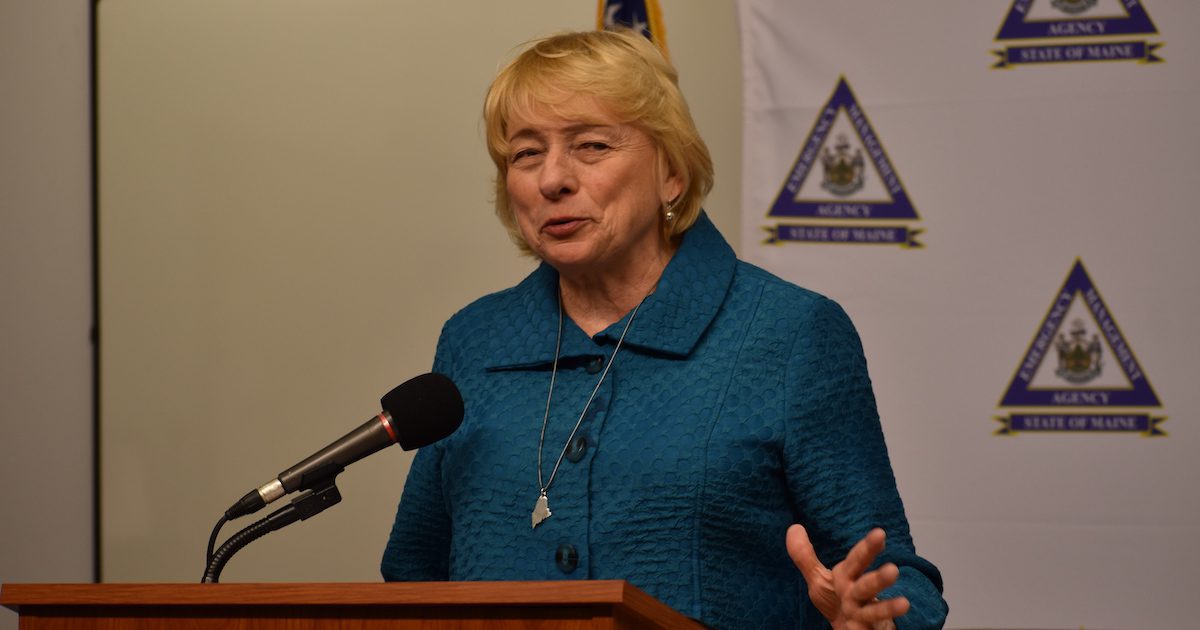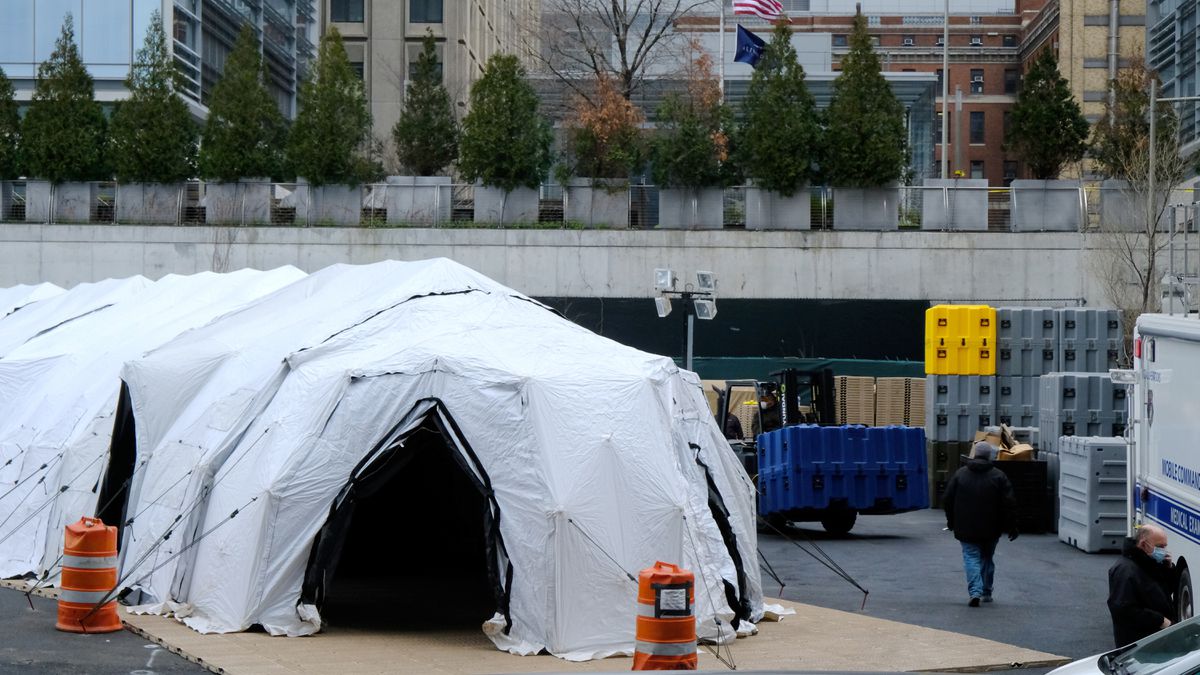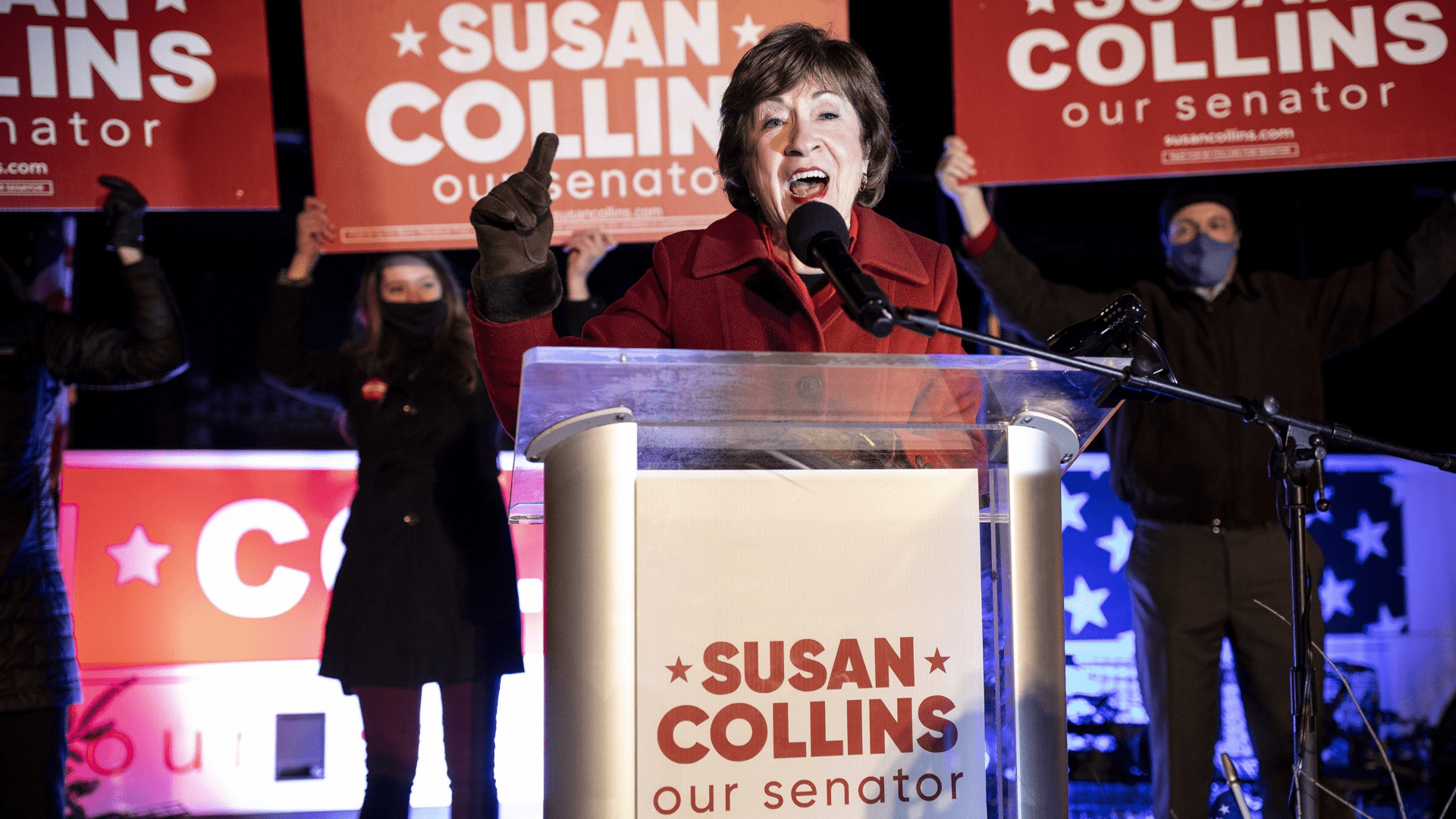The debate about how to "reopen" Maine and other states has quickly escalated into a political war being waged by those who believe personal freedom is more important than public health.
COVID-19 crisis shows endangered seniors need greater attention
Until a vaccine is developed to counter COVID-19, it's important for the state of Maine to plan to protect its vulnerable senior population.
States fight virus on their own, revealing partisan split
The response to COVID-19 has been politically partisan. Trump supporters claim that shutting down parts of the economy is more harmful than the virus itself. Opponents, including Democratic leaders, focus more on health than economic activity.
COVID-19 reaction boosts state government’s role
The COVID-19 crisis has shown states the consequences of excessive dependence on a federal government with different priorities than meeting their basic needs. When the crisis has passed, it's likely the power of states will increase.
Inability to prepare for arrival of coronavirus is a failure of U.S. government
Even if other countries were caught off guard by the coronavirus pandemic, that's no excuse for a country that considers itself — and is widely considered by others — to be the world leader.
State referendums promote direct democracy
Gradually the U.S has been moving toward greater direct democracy. Almost all states use referendums proposed by legislatures to allow the people to make decisions.
Incumbency versus accountability in elections
Sen. Susan Collins is focused on a fifth term in the U.S. Senate — something her political role model, Margaret Chase Smith, failed to accomplish.

